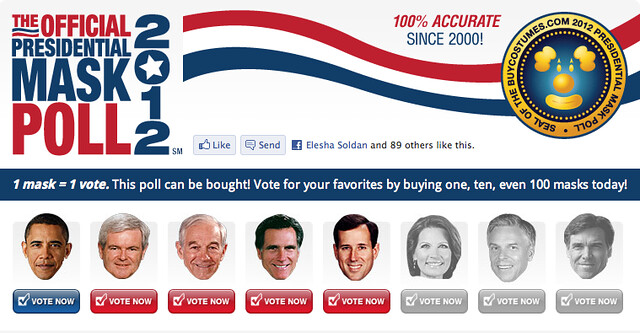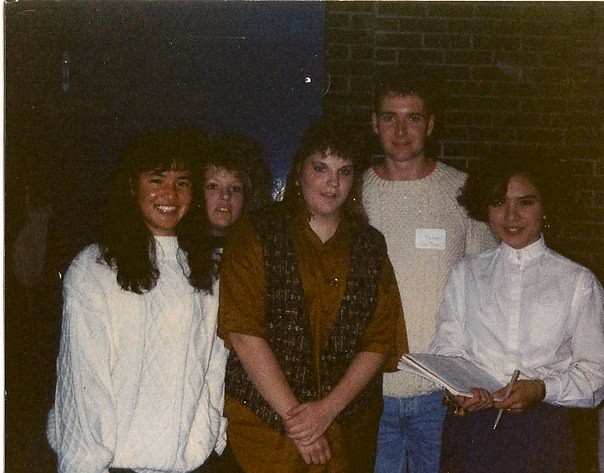Nostalgia is heavy in any Presidential Election. Reporters love to look back, make comparisons and use the past for prediction. Forty years later, "The Boys on the Bus" by Timothy Crouse, is ample fodder. Crouse's book gave us pack journalists and "What's the lead, Walter!" He was aimed at the fact that in 1972, a good story for a heavily covered topic was copacetic with what other writers were submitting, especially the ones from the strongest agencies. Dr. Scotton emphasized the sentiment with stories of late-night Editor phone calls to chastise reporters for not following the AP.
What's funny to me is that Hunter S. Thompson's "Fear and Loathing on the Campaign Trail '72" covers the exact same campaign with a vastly different approach. In addition to his objective or "gonzo" writing style, he also brought us the mojo wire (fax machine), precursor to the now essential smart phone. Thompson was running outside the norm. This according to himself and to Crouse, who were both covering the 1972 campaign for Rolling Stone. Hunter S. Thompson was the fly in the ointment that drove some of the objectivity and the aggressive search for differentiation that motivates most writers today.
Flash forward and we see NBC's 2012 group of campaign embeds profiled on Rock Center. A different type of campaign coverage, but following the same non-stop schedule, competitive crowd and elation from being a part of such a major moment in history. The motivation for the profiles was two-fold in my opinion. Appreciation for their effort was certainly one. Building on that appreciation was the reward for their efforts in the form of an amazing future. These young journalists took up an overwhelming task and performed exceptionally. Experiences and relationships they built during their sometimes excruciating journey puts them in a position well beyond those unable to take such a large risk. In class we also reviewed Jake Tapper of ABCNews.com's 13 Pieces of Campaign Advice for Young Reporters. Each of the embed reporters profiled exemplified these traits before they were even chosen for the 2012 campaigns. The same traits that have led to us discuss works by writers like Crouse and Thompson four decades later.
What's funny to me is that Hunter S. Thompson's "Fear and Loathing on the Campaign Trail '72" covers the exact same campaign with a vastly different approach. In addition to his objective or "gonzo" writing style, he also brought us the mojo wire (fax machine), precursor to the now essential smart phone. Thompson was running outside the norm. This according to himself and to Crouse, who were both covering the 1972 campaign for Rolling Stone. Hunter S. Thompson was the fly in the ointment that drove some of the objectivity and the aggressive search for differentiation that motivates most writers today.
Flash forward and we see NBC's 2012 group of campaign embeds profiled on Rock Center. A different type of campaign coverage, but following the same non-stop schedule, competitive crowd and elation from being a part of such a major moment in history. The motivation for the profiles was two-fold in my opinion. Appreciation for their effort was certainly one. Building on that appreciation was the reward for their efforts in the form of an amazing future. These young journalists took up an overwhelming task and performed exceptionally. Experiences and relationships they built during their sometimes excruciating journey puts them in a position well beyond those unable to take such a large risk. In class we also reviewed Jake Tapper of ABCNews.com's 13 Pieces of Campaign Advice for Young Reporters. Each of the embed reporters profiled exemplified these traits before they were even chosen for the 2012 campaigns. The same traits that have led to us discuss works by writers like Crouse and Thompson four decades later.







 RSS Feed
RSS Feed